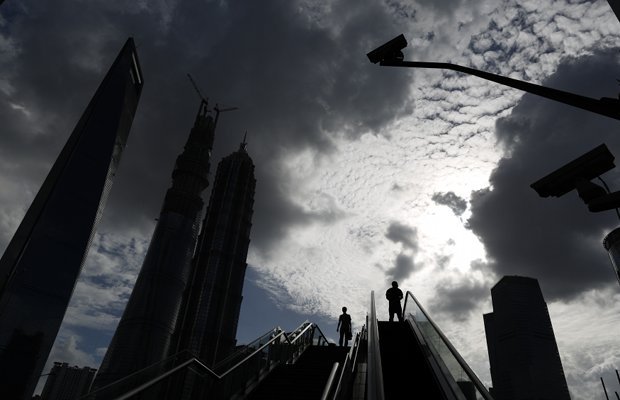Great Chinese internet wall to be breached by free trade zone

A planned Shanghai free-trade zone is to see sites banned by the Chinese government, including Facebook and Twitter, made accessible in the city, the South China Morning Post reported today.
The Hong Kong newspaper added, citing anonymised government sources, that foreign competition for state-owned service providers for licenses to provide internet in the zone would be welcomed by authorities.
The zone comes as a bid to make Shanghai more foreigner-friendly. A government source, speaking to the South China Morning Post said:
In order to welcome foreign companies to invest and to let foreigners live and work happily in the free-trade zone, we must think about how we can make them feel like at home. If they can’t get onto Facebook or read The New York Times, they may naturally wonder how special the free-trade zone is compared with the rest of China.
Facebook and Twitter were both blocked in mid-2009, with China's ruling Communist Party militantly censoring access to and content of websites available in the country.
Law firm Eversheds says:
Shanghai free trade zone will act as a testing ground for greater liberalisation and freedom of speech
Commenting on the planned free trade zone (FTZ) in Shanghai, Nigel Stamp, partner and head of the Asia technology group at global law firm Eversheds, says:
Of perhaps greatest significance is a move by the authorities to allow greater competition in the FTZ, by allowing foreign telecoms companies to bid to provide internet services within the zone. Such a move is virtually unheard of in a country that has historically made doing business incredibly difficult and even at times disadvantageous for foreign enterprises, particularly in the technology sector.
By allowing access to western websites within the FTZ, Chinese authorities have created another testing ground for greater liberalisation and freedom of speech within its territories, to sit alongside Hong Kong and Macau, which the authorities have already allowed to function as entirely free zones for the web.
Of course, the FTZ is the first time that this liberalisation has been allowed within the Chinese trade zone (Hong Kong and Macau being independent ports in that respect), and the real test will come when the initiative officially launches on 29 September this year.
Whether the authorities follow through with allowing unbridled access to the internet and refrain from censorship in the months following the launch remains to be seen.